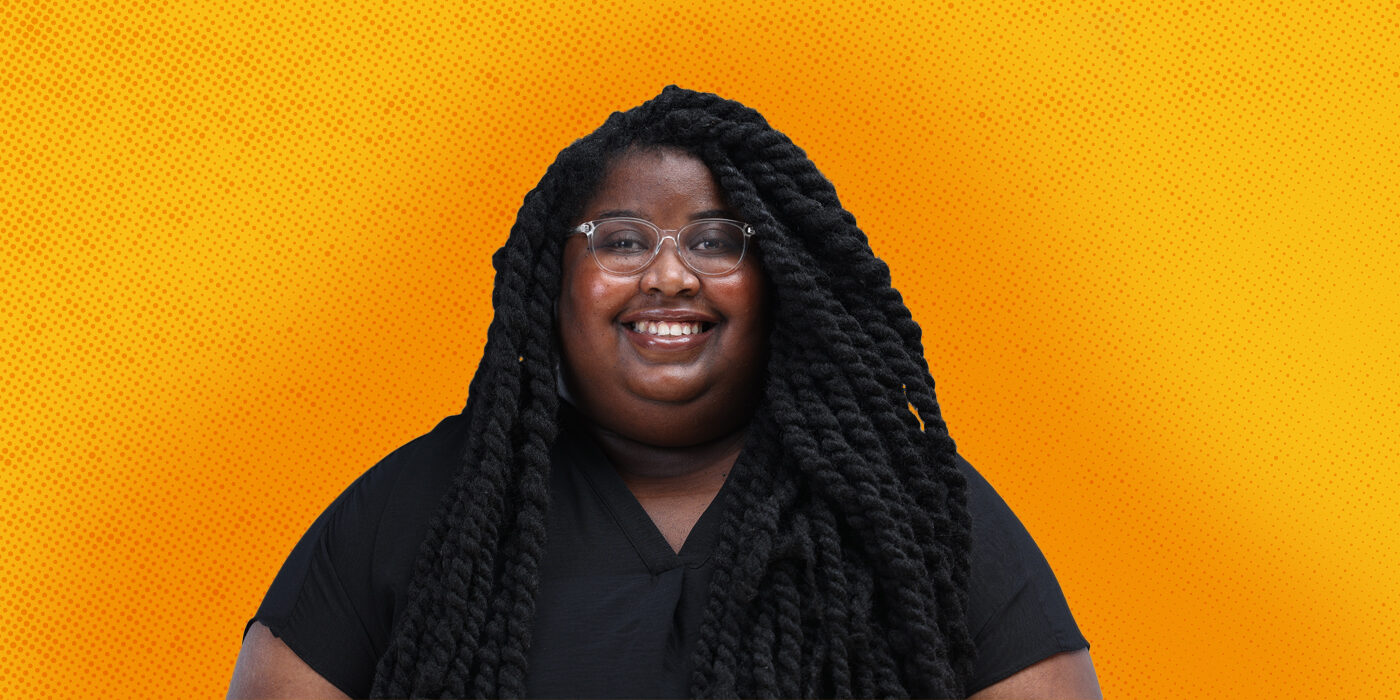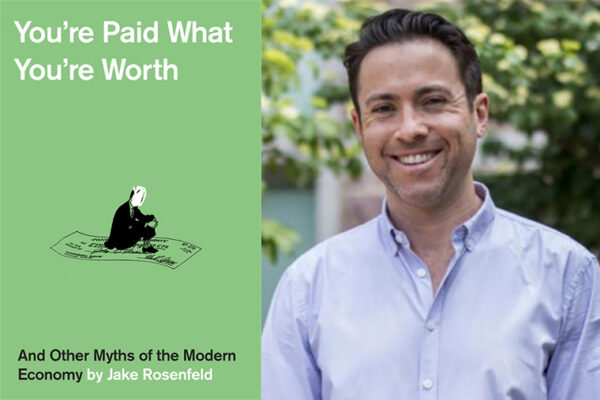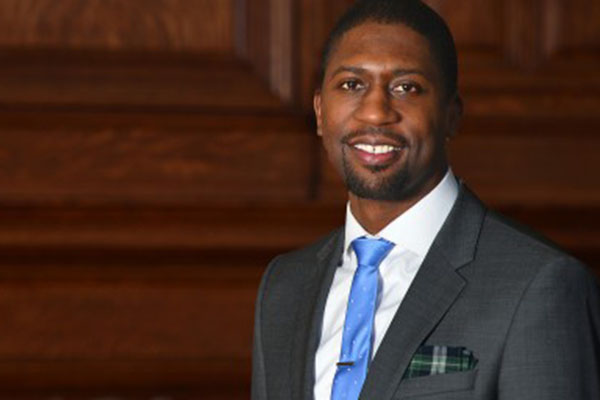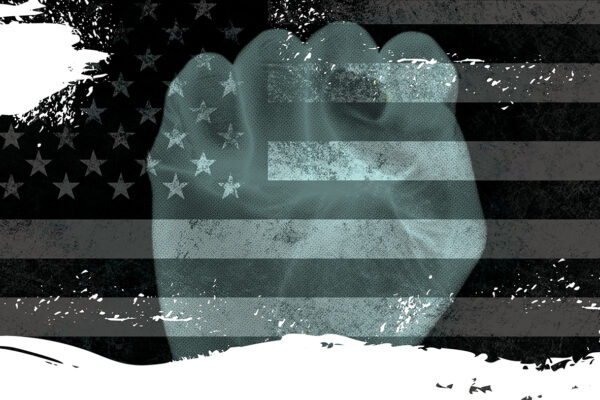When Kayla Reed, AB ’20, began her college career, she knew one thing for sure: she wanted to be of service to others. She started off at Saint Louis University as a nursing major. After completing her freshman year, she took a break from school and worked as a pharmacy technician for a few years until one moment in time changed everything.
The killing of Mike Brown on Aug. 9, 2014, moved Reed to protest against injustice and serve as an organizer at the Organization for Black Struggle.
“After two years of organizing, I wanted to go back to school,” Reed says . “A lot of stars began to align and WashU became an option for me to attend. I enrolled that fall full time.”
Reed’s time on campus was not that of a traditional student, but she had the advantage of knowing what she wanted to gain out of the experience.
“I was often the oldest person in my class. I’m grateful for the journey because leaving school at 19 and coming back at 26, I knew what I wanted to learn. I was very intentional about the classes that I took,” Reed says.
Reed sought out courses that would pair classroom knowledge with her first-hand experiences in North City and North County in St. Louis. She recalls taking courses with professors like Lerone A. Martin, associate professor of religion and politics and director of the American Culture Studies program; Clarissa Rile Hayward, professor of political science, philosophy and urban studies; and Jake Rosenfeld, professor of sociology.
“I think about the fact that the sociology department was just coming back to WashU around the time I was starting. My experience would have been completely different had that department not existed. I was grateful that the department was staffed with professors who were interested in racial inequality and gender inequality,” Reed says.
Reed was also able to leverage her education and relationships and put them to use in her career today.
“It’s one of my most treasured experiences: the opportunity to finish my degree. I’m very proud of that and for my parents to be at my graduation. I took a seven-year gap, but I still was their first child to graduate from college. I was able to be an example to my nieces and nephews of what is possible in our family,” Reed says.
A child of the ’90s, Reed witnessed the devastating effects of drugs and racial tension in a city that she loved. The juxtaposition of love and tension in the same place can be difficult to navigate.
“I saw the impact of what I now understand to be a lot of the divestment that was intentionally focused around North City,” Reed says. “I also grew up in a loving intergenerational household and saw my family trying to do the best they could with what they had.”
Reed continues to give back to her city. She is the co-founder and executive director of Action St. Louis, a racial justice organization based in St. Louis, and Action STL Power Project, the political and advocacy arm of Action St. Louis.
“Create space in your calendar at WashU to give something while you are getting this education.”
Kayla Reed, AB ’20
Most recently, the Action STL Power Project assisted in the election of Tishaura Jones, the first black woman to become mayor of the city of Saint Louis. Reed is currently serving on the transition team for the mayor.
“My hope is that in her tenure in this position we are able to reinvest in those communities that we are divested from.”
This important work does not rest solely on the shoulders of Reed and organizations like Action St. Louis. Reed encourages students to use the tools available to them to bring about positive change.
“I would say to any student that is reading this, take a couple courses on areas that are outside of what you understand in your own perspective. You are a resident on campus of a city that has a lot of history, that has a bubbling activist community and that is fighting for a change. Create space in your calendar at WashU to give something while you are getting this education.”



